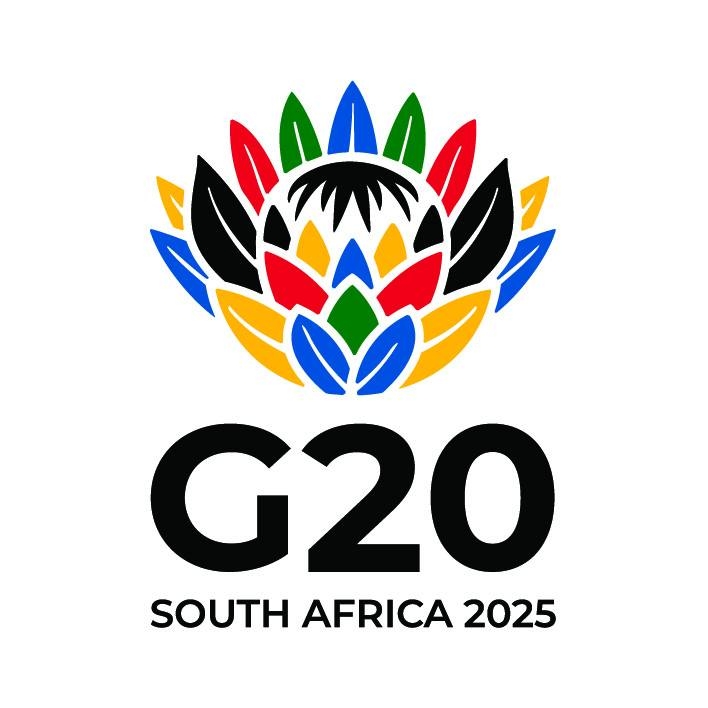The upcoming G20 foreign ministers’ meeting in South Africa, set to begin on Thursday, is creating a significant amount of attention due to a series of political tensions and notable absences. The meeting, hosted for the first time in Africa, aims to address critical global issues, with an emphasis on ongoing conflicts in Africa and Europe. It also comes ahead of the G20 summit in November, which is expected to further highlight global economic challenges.
However, the absence of US Secretary of State Marco Rubio is casting a shadow over the gathering. Rubio has accused South Africa of pursuing an “anti-American” agenda, which led to his decision not to attend. This leaves the US delegation at the meeting represented by Dana Brown, the deputy chief of mission at the US embassy in Pretoria. While this is not a full boycott, it does raise concerns about the geopolitical dynamics, especially given the tensions between the US and its European allies over the Russia-Ukraine conflict.
The meeting will feature key foreign ministers from countries such as Russia, China, and India, along with European diplomats like France’s Jean-Noel Barrot and the UK’s David Lammy. South African officials have expressed hopes that the gathering will not be derailed by these tensions, but some experts warn that the absence of high-level US participation could detract from the summit’s focus on a “common developmental agenda” for the Global South. Additionally, the recent freeze on US aid to Africa adds another layer of complexity to the situation, especially given that many African governments are relying on foreign assistance for critical sectors like health.
In light of these dynamics, the meeting is poised to be a diplomatic balancing act, with South Africa attempting to maintain a neutral stance while navigating the pressures from both the US and other global powers.

